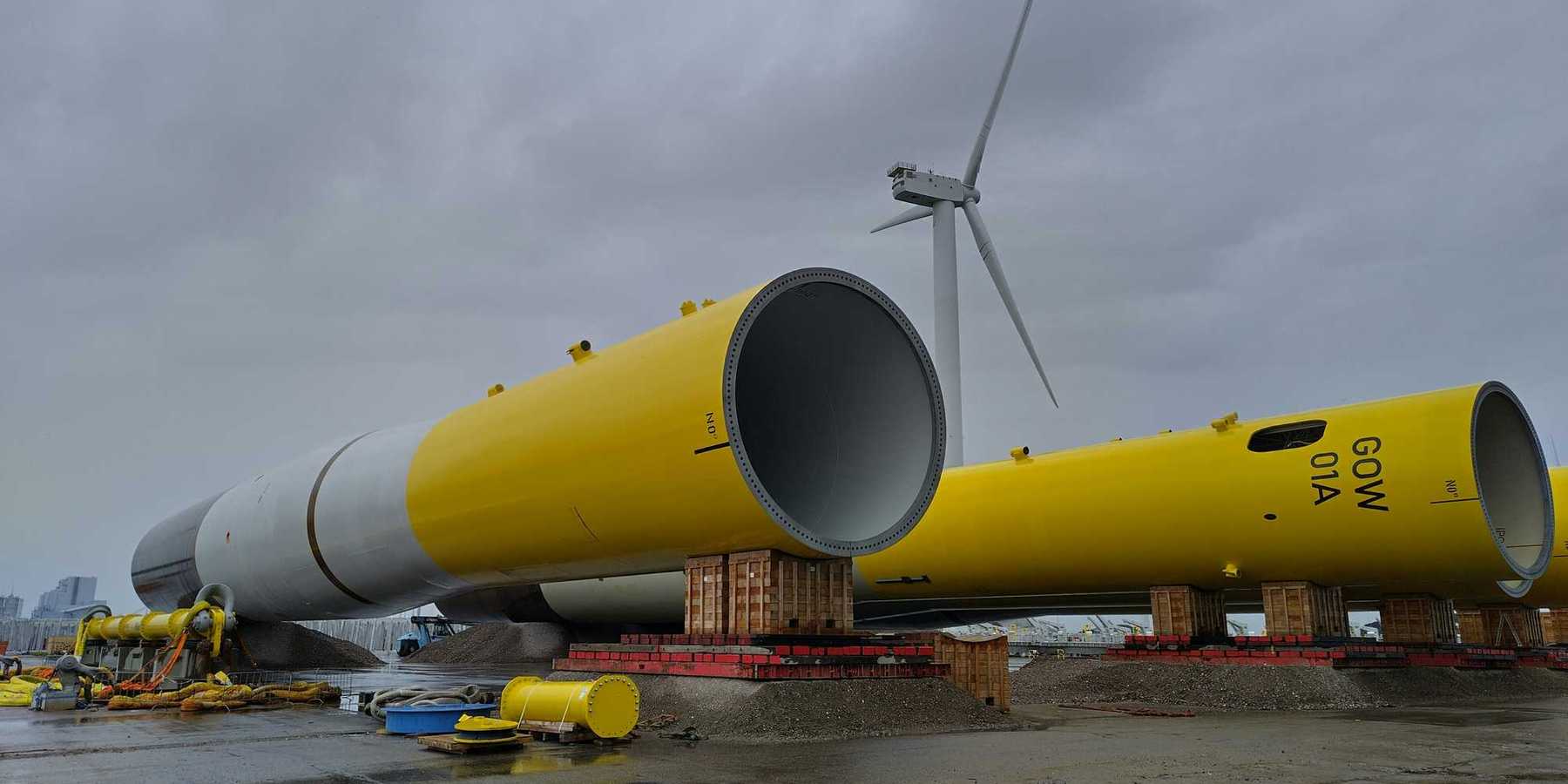food web disruption
Humpbacks face new challenges as the oceans heat up
Humpback whales have made a comeback in the North Pacific, but climate change now threatens their breeding and feeding grounds, potentially disrupting decades of recovery.
In short:
- Humpback whale populations have rebounded in the Salish Sea thanks to conservation efforts, but climate change could undermine this recovery.
- Rising ocean temperatures threaten humpbacks' breeding areas, with predictions that up to 67% of their breeding grounds may become unsuitable by the end of the century.
- Changes in krill populations and shifting migration patterns could further complicate humpbacks' survival.
Key quote:
“I was mortified seeing breeding ground after breeding ground turning red in our simulation.”
— Hannah von Hammerstein, University of Hawaii
Why this matters:
Humpback whales are a keystone species in marine ecosystems, and their survival is closely tied to ocean health. Climate-driven changes to their habitats could have cascading effects on the entire food web, impacting biodiversity and human livelihoods alike. If we don’t address the root causes of climate change, we might witness one of the ocean's most celebrated conservation successes unravel in real time. Read more: Surprise! Unexpected ocean heat waves are becoming the norm.
Protecting species from extinction is not enough
The loss of species abundance poses a serious threat to biodiversity and ecosystem functionality.
In short:
- Abalone populations have collapsed due to overfishing and environmental changes, including a marine heatwave and a sunflower sea star epidemic.
- The concerning issue is not species extinction but the collapse of wildlife populations, disrupting ecosystems.
- The decline of species like abalone signifies a broader biodiversity crisis driven by human activities such as pollution and habitat destruction.
Key quote:
"The more we slow climate change, the more evolutionary storylines can reach into the future. In other words, climate policy is biodiversity policy."
— John Reid, founder, Conservation Strategy Fund.
Why this matters:
The decline in species abundance affects ecosystem stability and human cultural heritage. Addressing this crisis requires comprehensive conservation strategies that go beyond preventing extinction to ensure the health and abundance of wildlife populations. Read more: The planet’s largest ecosystems could collapse faster than we thought.
Migratory species face a global decline, UN warns
Nearly half of the world's migratory animals are declining, with many at risk of extinction, highlighting the urgent need for global conservation efforts.
In short:
- About 44% of migratory species are decreasing in population due to habitat loss, illegal activities, pollution, and climate change.
- The United Nations report emphasizes the critical role of migration in species survival and the interconnectedness of ecosystems across borders.
- Conservation measures and international cooperation are being discussed to protect these species and their habitats.
Key quote:
"Migration is essential for some species. If you cut the migration, you’re going to kill the species."
— Stuart Pimm, ecologist at Duke University.
Why this matters:
The decline of migratory species is emblematic of broader environmental issues that affect global biodiversity and ecosystem health. Migratory animals face a perilous journey, often navigating a toxic trail amongst threatened habitat.
Africa’s birds of prey are in decline, a new study finds
The naturalist and the wonderful, lovable, so good, very bold jay
South Africa’s penguins heading toward extinction; will no-fishing zones help?
With just 10,000 breeding pairs left, the endangered African penguin (Spheniscus demersus) could be extinct in the wild by 2035 if the current rate of population decline continues.
‘Ghost gear’ piles up in the Gulf of Maine amid plastic onslaught on oceans
Abandoned fishing gear, often called "ghost gear," is breaking down in our oceans and adding to the problems brought by plastics and microplastics. Recently a coalition announced new funding to remove some debris in the Gulf of Maine.









